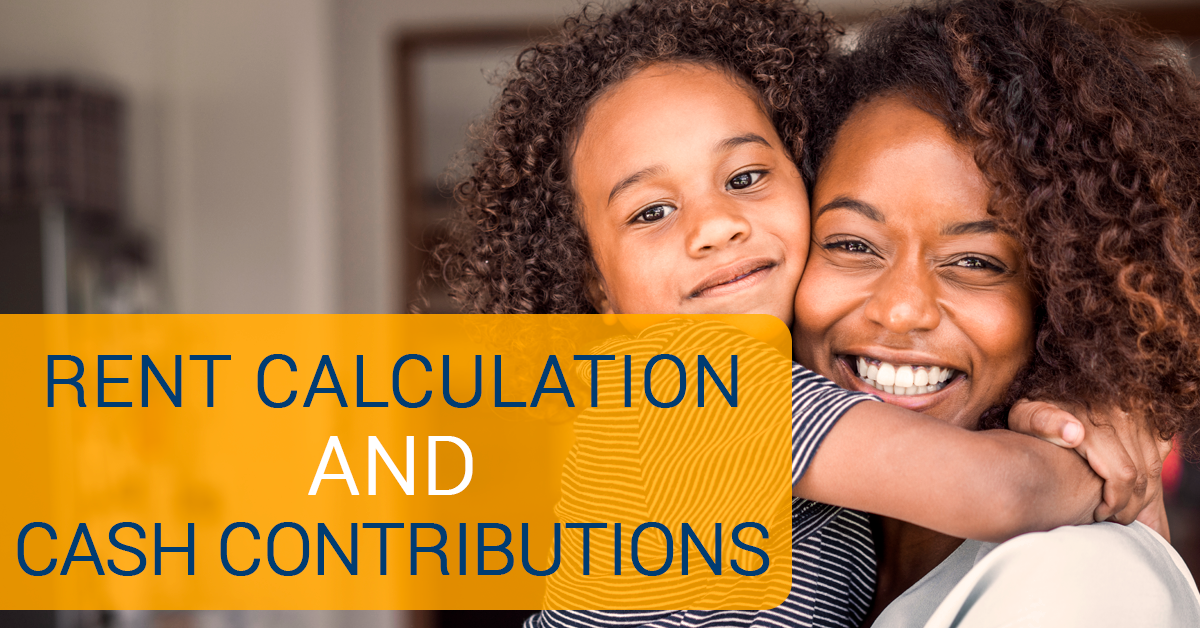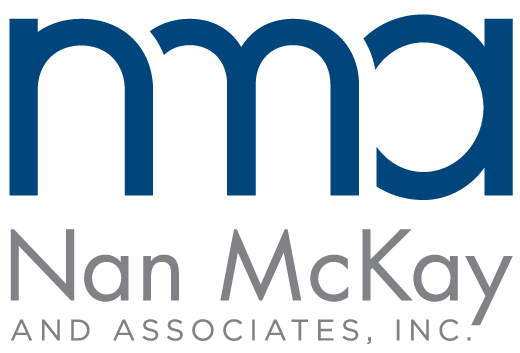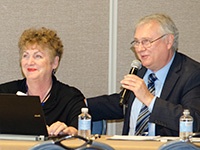How to consider cash and other contributions when calculating rent in the Multifamily Housing program

Calculating a family’s rent can be tricky when a family receives cash contributions and other gifts from or when they receive income sporadically or from different sources. For the Multifamily program, the HUD Handbook 4350.3 (REV-1) provides some guidance which NMA trainer and consultant Reneé McTyeire discusses here. (Note, this guidance does not apply to programs under HUD’s Office of Public and Indian Housing (PIH) programs).
Here are four situations to consider when evaluating the impact of cash or other contributions on a family’s rent:
First and foremost, the income must be reoccurring income in order to be included in annual income. That is to say, the cash contribution or gift must be a regular and ongoing. One-time contributions (which include temporary, nonrecurring, or sporadic income, including gifts) are not included in annual income. For more clarity, HUD has provided examples in the HUD Handbook 4350.3 (REV.1) Change 4, Chapter 5, Paragraph 5-6 (G), subsection 1:
Examples – Regular Cash Contributions
- The father of a young single parent pays her monthly utility bills. On average he provides $100 each month. The $100 per month must be included in the family’s annual income.
- The daughter of an elderly tenant pays her mother’s $175 share of rent each month. The $175 value must be included in the tenant’s annual income.
If the contribution is reoccurring, you must determine if the gift is being given by someone not living in the unit. The definition of annual income at 24 CFR 5.609(a)(2) states that “annual income means all amounts, monetary or not, which…are anticipated to be received from a source outside the family.” Cash or gift contributions from anyone living in the unit should not be counted as income. For example, the head of household regularly paying her adult child who lives in the unit to babysit her minor child who also lives in the unit is not considered income since the income does not come from a source outside of the family.
Remember that regular contributions don’t have to be in the form of cash to be counted as income. The definition of annual income also states that “annual income means all amounts, monetary or not, which go to, or on behalf of, the family head or spouse (even if temporarily absent) or to any other family member.” Contributions toward rent and/or utilities on behalf of the household must be included in annual income even though the household is not receiving cash payments directly. For example, a resident’s boyfriend (who does not live in her unit) regularly pays her utility bill for by providing a payment directly to the utility provider. Although the amount may differ each month and may be paid directly to the utility provider, the payment is regularly being made on the resident’s behalf by someone outside her unit. The payment is counted as income.
There are two instances, however, where reoccurring contributions made by someone outside of the unit are not to be included in income even if they meet the above tests. The HUD Handbook 4350.3 (REV-1) states that groceries and/or contributions paid directly to a childcare provider by a person not living in the unit are excluded from annual income.
Determining whether a cash contribution or gift should be included in income doesn’t have to be scary or confusing, use the four checkpoints above to guide your decision-making process.
Looking to learn more about rent calculation beyond cash and gift contributions?
More about the author:
Reneé McTyeire is an accomplished, motivated, and goal-oriented trainer and consultant with a proven track record of managing, training, and consulting, gained through more than two decades of progressive leadership experience in the multifamily housing industry. Since joining NMA in 2016, she has been the Multifamily Housing subject matter expert, training owner/agents and PHAs in Multifamily Housing compliance and customer service skills in affordable housing.




